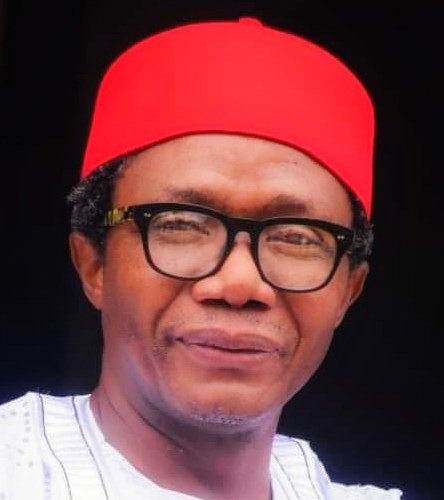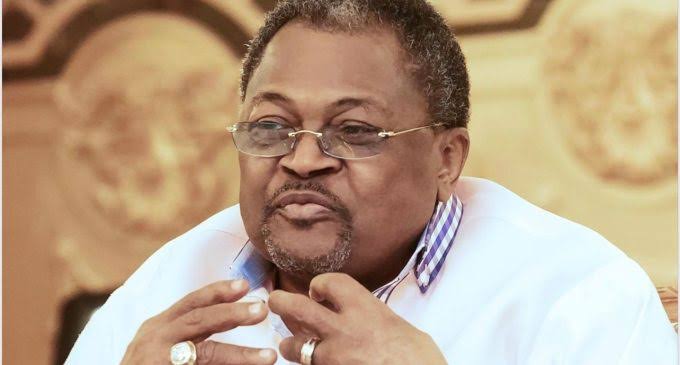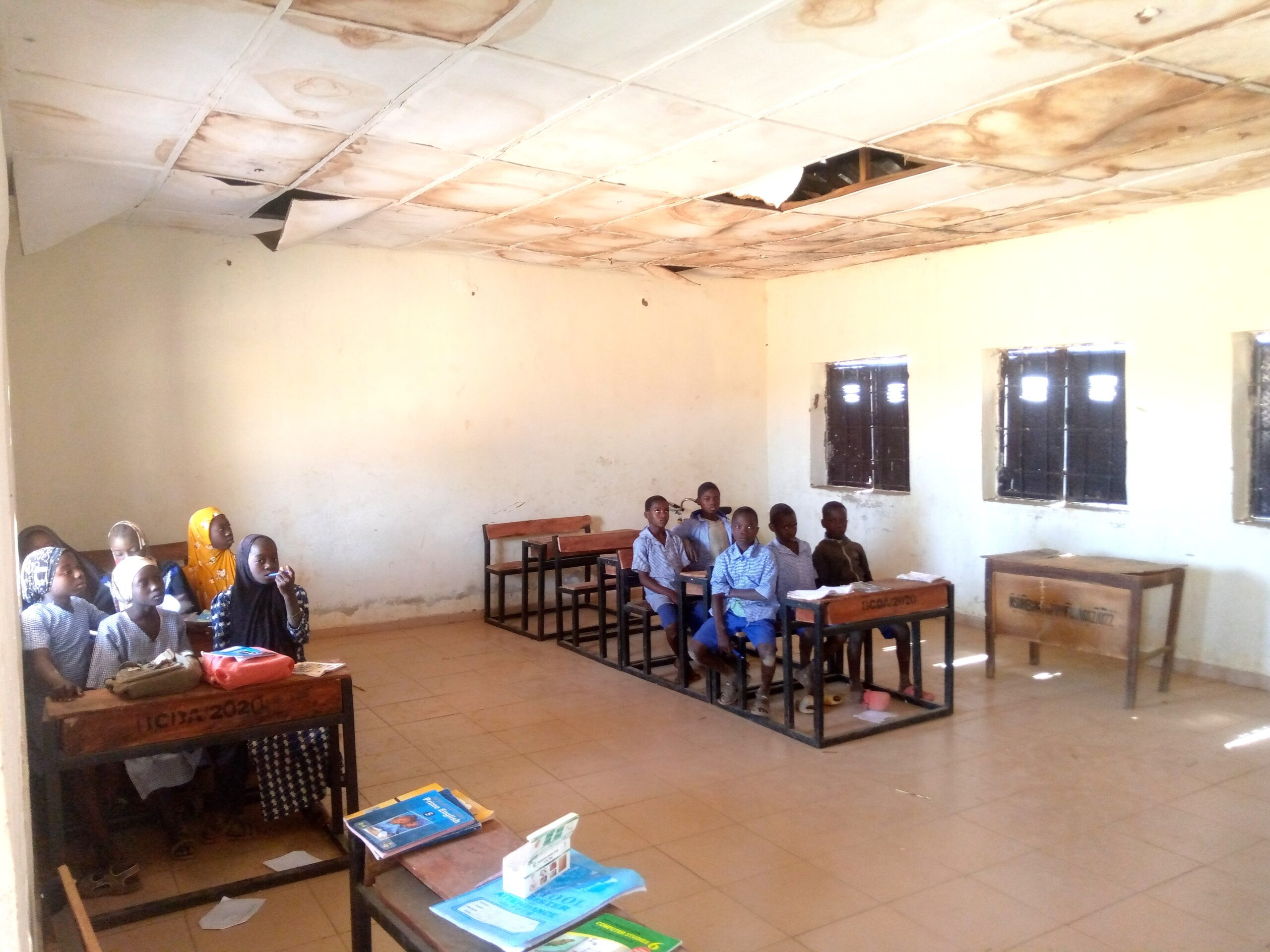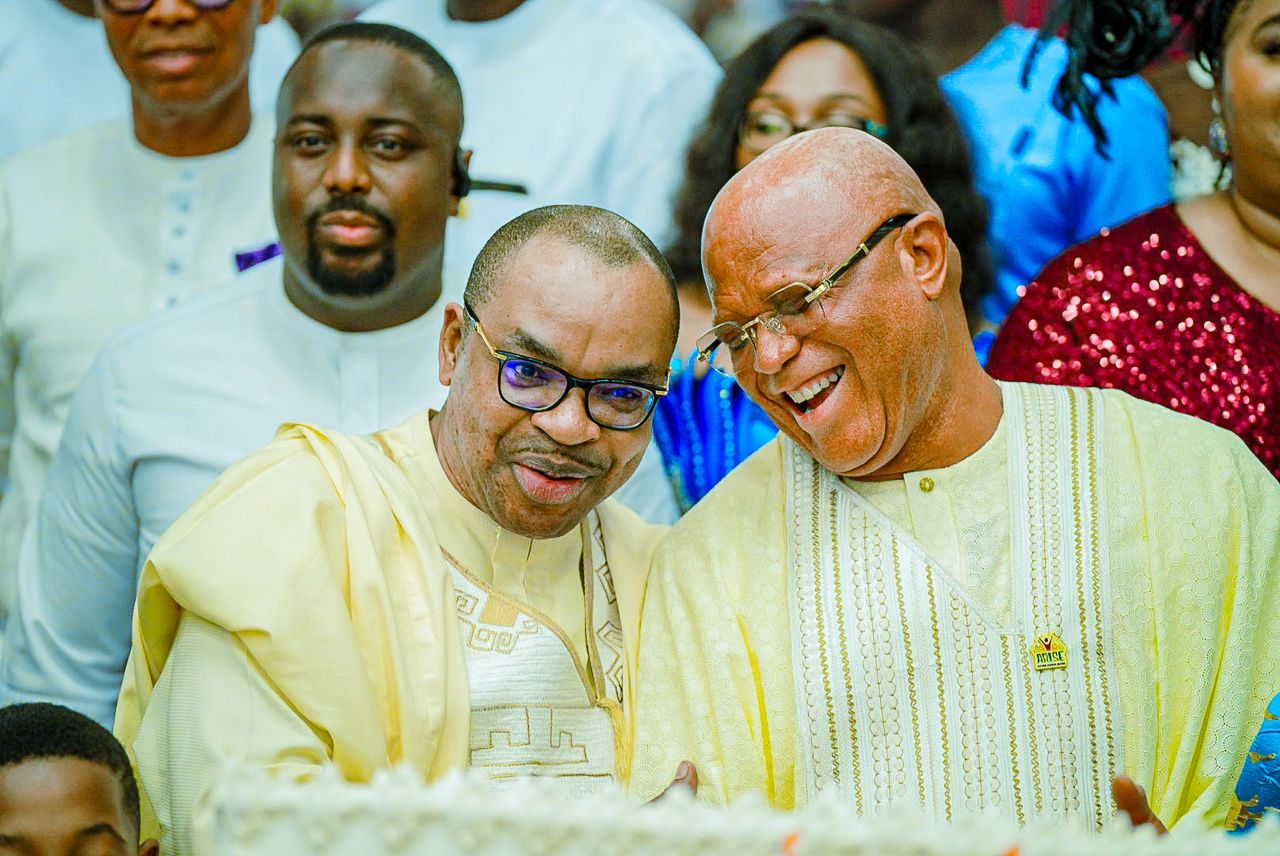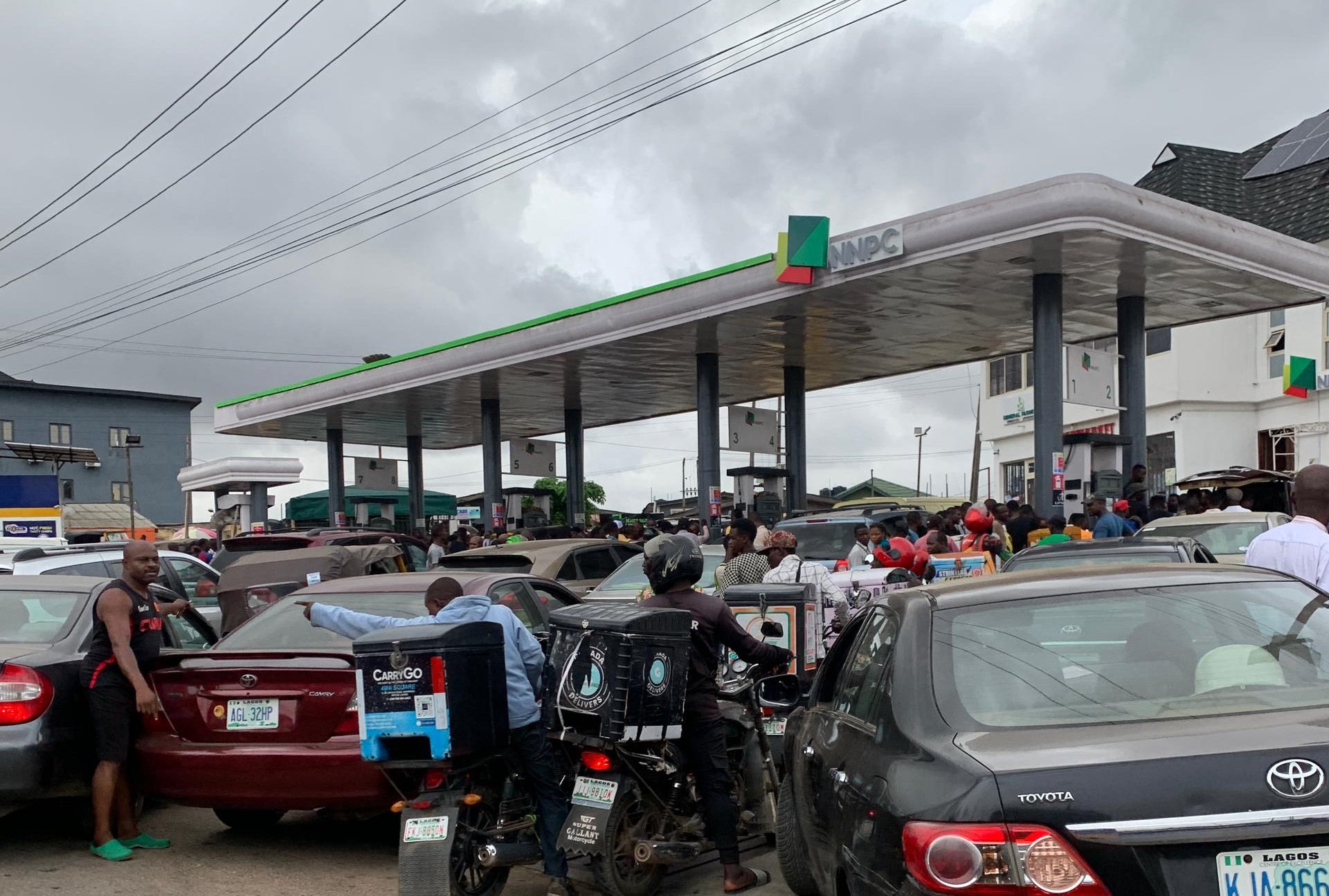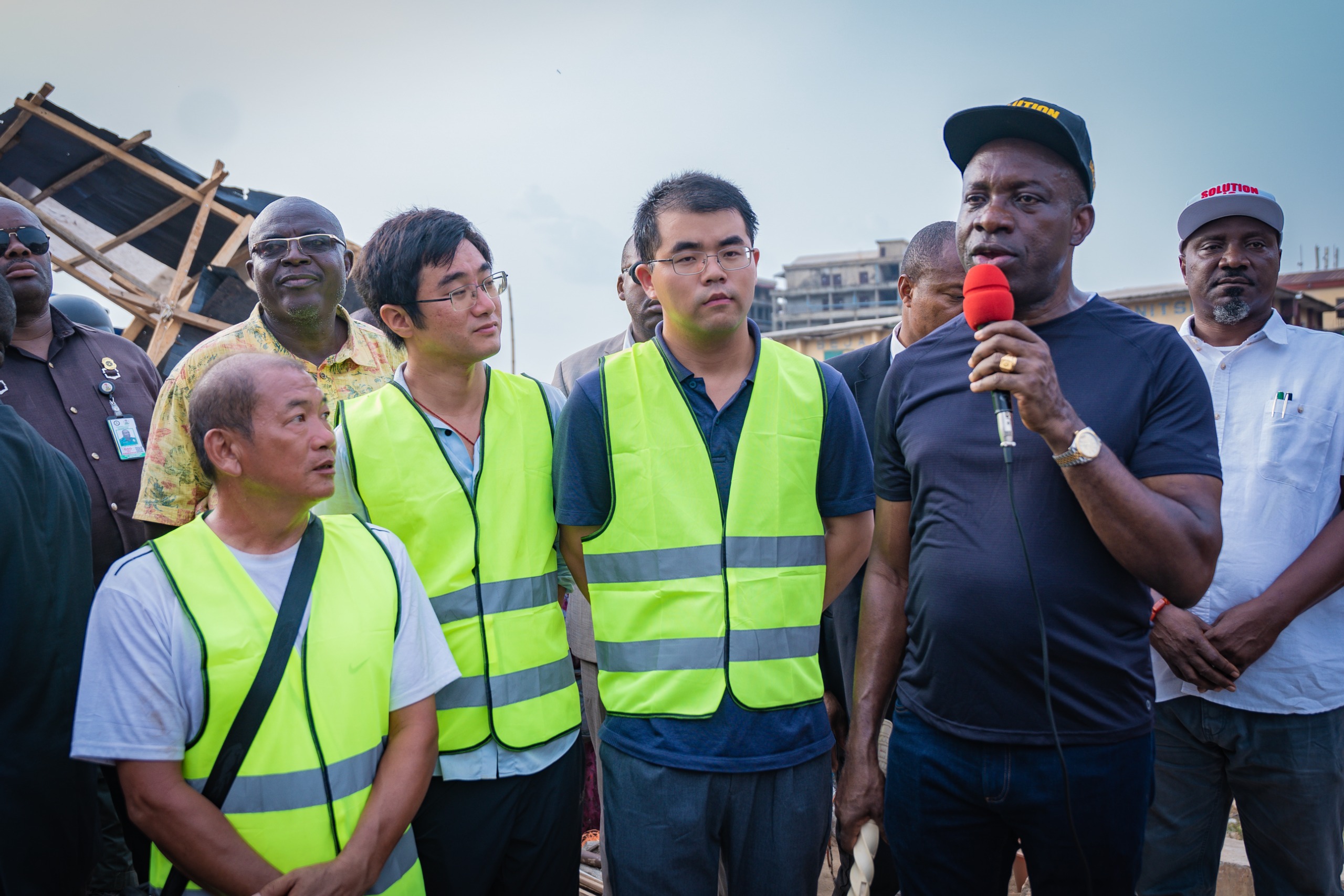It’s not geopolitics, nepotism, or religion that will be the cause of the collapse of the largest black nation on the planet if the Nigerian state crumbles. Corruption is what’s going to make that happen if something drastic is not done before it’s too late. Countries like the People’s Republic of China execute corrupt officials and some other countries take other extreme measures to keep corruption at bay while Nigeria pays only lip service to the corruption fight.
The whole foundation of Nigeria, its identity, and its statecraft have been undermined by corruption, and the corrosion is not abating. Boundaries and red lines of statecraft have all broken down, and the country is left in free fall. The rule of law, which holds the country together as a constitutional creation, is vanishing.
In Nigeria today, justice is served to the highest bidder due to corruption. No nation that is serious about remaining cohesive, developing, and forward-thinking will tolerate the degree and kind of pervasive corruption that exists in Nigeria. In Nigeria, corruption has supplanted all norms and banished integrity from public life. Some youngsters will tell you that they want to be bandits, yahoo boys, or militants, among other unmentionables. What is more, the citizens simply carry on as if nothing can be done about corruption in Nigeria anymore.
Public service was flourishing in Nigeria before things got so bad. Then, Nigerians put in a lot of effort to achieve their wealth, credentials, and titles. Public officials, both appointed and elected, as well as those in the civil service, were guided in their acts by financial regulations and civil service rules and standards. Today, it is all about big wealth without work or morality.
Advertisement
Nigerians working in government were strictly governed by morality and decency in the past. However, some of them shamelessly accepted a 10% bribe for contract awards and execution. Currently, however, high-ranking government officials serve as contractors and now set the amount they desire for each contract in which they do not personally carry out the work.
Even worse, high-ranking government officials are now creating certificates of completion for projects and contracts that were never done. They then utilise registered contractors to extract funds from the treasury for these projects and contracts and divide the spoils among themselves. Yet, Nigerians feign perplexity as to why the country lacks progress, whereas the money allocated for development is syphoned off by the invading locusts. The politicians, public officials, and civil servants are syphoning off monies intended for social amenities, infrastructure, and development and have to be stopped now by the Nigerians themselves by joining the EFCC and ICPC actively in the renewed anti-corruption fight.
Things have gotten out of hand. The judiciary, which used to be the last hope of the common man, is increasingly selling judgements and injunctions, even by its admission. This inspired a well-known poet from Nigeria to recently write, “My Lord, where do I keep your bribe?”. A top Nigerian lawyer also informed me that many judges now write two judgements for the two parties in the cases they hear, and the judge’s choice of which to read ultimately comes down to who plays hardball.
Advertisement
Naturally, the police—whom most Nigerians accused of corruption even in the relatively good days in Nigeria—have only grown worse just as the judges have lost all interest in upholding the law. If a complainer is not prepared to pay for the investigation, no one can get his or her case looked into these days. Meanwhile, “Bail is free” is the first thing that appears printed on police station walls. You believe that at your peril. Things have gotten incredibly worse.
The current state of education is a cesspool. A lot of teachers and lecturers now give their male students marks based on how deep their pockets are and the readiness of the beds of the female students.
Cultism has become more powerful and audacious. When the Pirates Confraternity was formed in Nigeria in 1952 by the “Original Seven” to support human rights and social justice in Nigeria and to fight colonialism—a worthy cause you dare say— was when cultism was born in our country. Cults are now commonplace at all of Nigeria’s postsecondary institutions for wrong and evil reasons. The fact that cults are now present in primary and secondary schools is even more horrifying.
Even more worrisome are the cult memberships of vice-chancellors, deans, heads of departments, and lecturers. Just now, a previous vice chancellor demanded that lecturers undergo drug tests. He was speaking from experience. Cultist students force lecturers to do their bidding by awarding their members the marks they dictate. Nigeria is really in trouble.
Advertisement
Cults have extended throughout society to engulf traders, mechanics, and artisans and have taken over the streets. Cultism and cult wars are now a fad everywhere in the South as banditry and terrorism are reigning supreme in the North.
There is a steep moral decline and degradation. Just as many parents are purchasing exam questions for their kids and enrolling them in special centres where examiners read out the answers to the questions and all of them receive “A” grades, a father was recently caught writing JAMB for his son! Scores from JAMB, WAEC, and NECO, as well as from schools, are now directly purchased by many parents. These students leave the school as barren as when they arrived, posing a great burden to the Nigerian society as quacks when unleashed as qualified graduates and professionals; to say nothing about the role of corruption in the creation of banditry and terrorism, and their escalation.
This is only a quick glimpse into the terrifying Nigeria of today. Corruption now permeates every facet of life in our country and something has to be done quickly.
The EFCC and the ICPC, Nigeria’s two primary anti-corruption agencies, are overburdened and have a difficult task ahead of them. Things deteriorated merely because the nation’s political elite behaved much like invading locusts, wiping off public treasury and pushing back the fight against corruption.
Advertisement
Nonetheless, three things would make Nigeria’s fight against corruption work: 1) the president’s political will to let the agencies carry out their duties regardless of whose ox is gored; 2) the agencies’ courage and diligence in carrying out their duties without favouritism or playing to the gallery, as was the case in the past; and 3) most importantly, the total support of Nigerian citizens.
It is now inevitable that Nigerians’ conflicted impression of the new heroic work of the Economic and Financial Crime Commission (EFCC) is changed urgently. Nigerians must now unite behind the anti-corruption agencies to save their country from these invading locusts.
Advertisement
The consequences of corruption in Nigerian society are dire. Since corruption is the primary source of every problem that has negatively impacted the nation over the past few decades, particularly in terms of development, national security, and the economy, it must be eliminated at all costs, and that will only be possible with the total support of Nigerians for the EFCC and ICPC. Nigerians have previously had cause to question the honesty and integrity of the anti-corruption agencies, but there are strong indications that the anti-corruption fight is now serious for once.
Following the country’s 1999 restoration to democracy, corruption has grown primarily as a result of the politicisation of the war against the cankerworm and the impunity and political protection enjoyed by the political class and corrupt politicians.
Advertisement
At this critical point, the anti-corruption authorities must demonstrate to Nigerians their sincere commitment to eliminating corruption in national life. That’s the only way to change citizens’ negative perceptions about the anti-corruption fight and mobilise citizens’ support for their renewed fight against corruption.
The anti-corruption agencies need to enlist the aid of the media and CSOs as well. The two are strategic if Nigerians will take the anti-corruption agencies seriously and believe that they have changed for the better.
Advertisement
The agencies should, among other things, also create anti-corruption clubs and run leaf-letting campaigns in schools. These are equally vital as preventive measures and for changing the young, who have come to accept corruption as a way of life in their country, Nigeria.
Yes, Nigeria’s dire circumstances can be saved if its citizens actively support the efforts of the Economic and Financial Crimes Commission (EFCC) and the Independent Corrupt Practices and Other Related Offences Commission (ICPC) to hold corrupt public officials accountable for the public treasury they have looted and to recover the funds they have embezzled.
Nigerians, through EFCC and ICPC, can, and should, take back their country.
Dr Law Mefor, an Abuja-based forensic and social psychologist, is a fellow of The Abuja School of Social and Political Thought. He can be reached via [email protected]; Twitter: @Drlawsonmefor.
Views expressed by contributors are strictly personal and not of TheCable.
Add a comment
